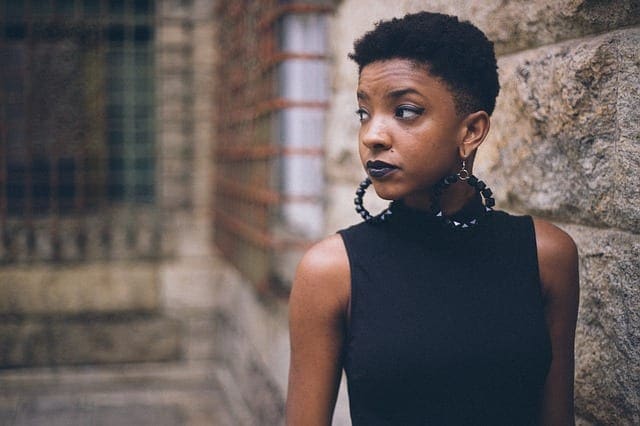The surge of black-women owned businesses helped the U.S. Small Business Administration post-double-digit dollar gains this year in loan approvals for those firms.
The SBA’s 7(a) Loan Program, the agency’s primary and most common lending program, approved 696 loans for just over $166.7 million for African American women businesses, up 3% in the number of loans and a 20% jump in dollar amount in the fiscal year 2018 from 2017. Businesses can use loans from that program for multiple purposes, including working capital, acquiring land or purchasing equipment.
Plus, the SBA approved 34 loans for $16.6 million for black-owned women businesses, slightly down from 36 loans but up 36% in dollar amount under the agency’s 504 Loan Program. That program offers businesses long-term, fixed-rate financing that can be used for such purposes as buying land and existing buying or upgrading facilities.
Businesses launched by black women have been growing rapidly for decades. According to the 2018 State of Women-Owned Business Report, commissioned by American Express, the number of women-owned businesses increased by nearly 3,000% since 1972. The report analyzed trends in women businesses, including black women-owned businesses, based on the 2012 Survey of Business Owners, and annual gross domestic product estimates. And the SBA is benefiting from the contributions of black entrepreneurs.
“While data about minority lending by SBA-approved lenders are voluntarily reported, our current results show year-over-year increases since 2015 in the number of loans and the dollar volume provided to African American businesses,” says Bill Manger, the SBA’s Associate Administrator for the Office of Capital Access. “Additionally, a strong economy supported by the president’s tax cuts and deregulatory agenda is allowing many lenders to provide capital on conventional terms and without the need for a government guarantee. SBA is committed to ensuring all eligible small businesses have access to capital on reasonable rates and terms.”
The SBA guarantees small business loans, provided through SBA-approved financial institutions such as banks, credit unions, and microlender intermediaries. The SBA does not provide direct loans to small businesses but rather guarantees a portion of the loan so that capital can be extended to a small business. The SBA’s guarantee is that the government will repay a portion of the loan to the lender.
The SBA just recognized October as being National Women’s Small Business Month, honoring countless women small business owners who have pursued their passion by leaping into entrepreneurship. The SBA stated women are a driving force in the nation’s economy, starting most new businesses. The agency says women own 9.9 million companies that employ over 8 million people and provides employees $264 billion in wages.
“I’m really excited about the great milestones celebrated on behalf of women business owners in our nation, and the strides continuing to be made in their interest,” SBA Administrator Linda McMahon stated in a release. “At the SBA, we are championing women entrepreneurs who still face many barriers. We can do more by providing tools and resources to create or grow a small business and employ more Americans.”
Additionally, black-owned businesses—those owned by black women and men—are contributing to SBA’s lending program prosperity.
The SBA announced on Oct. 15 its fiscal year 2018 lending numbers, revealing that the agency guaranteed over $30 billion to small businesses that otherwise would not have had access to capital. The activity included more than 72,000 approved loans.
Jeffrey McKinney

Jeffrey McKinney is a long-time freelance business writer and reporter, contributing to Black Enterprise magazine for several years on broad range of business and financial topics. He also writes regularly for Franchise Times, a highly regarded publication covering the franchise industry.


